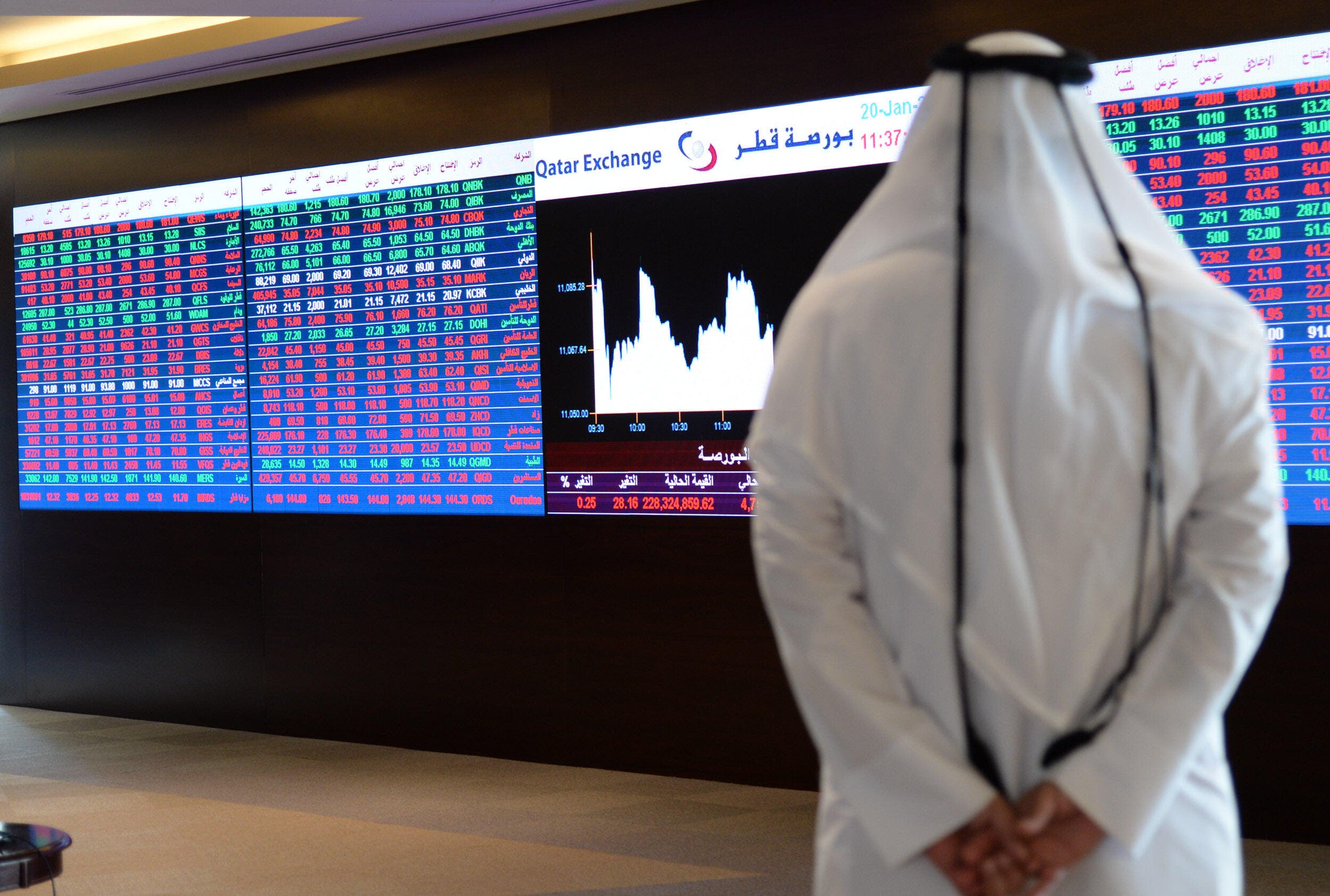Experts anticipate a recovery to the economy following a major Qatar-Saudi breakthrough.
Saudi Arabia’s lifting of the land, air, and sea blockade on Qatar is expected to enhance the region’s economy, experts told Doha News.
The historic agreement, due to be signed at the 41st GCC Summit in Saudi’s Al-Ula, is anticipated to kickstart trade between the Gulf states after a three-year hiatus that came with the blockade on Qatar.
“Real GDP growth will resume in 2021, with growth of about 2%, as the economy benefits from a recovery in Chinese and global LNG demand, as well as the reopening of its land border with Saudi Arabia,” analyst at the Economist Intelligence Unit, Adnane Allouaji told Doha News on Tuesday.
The 2017 embargo on Qatar had a direct impact on the country’s economy. At the time, Doha’s market relied heavily on imported products, especially neighbouring Saudi Arabia. The announced blockade meant a halt to transport ties with Qatar that disrupted imports and almost immediately created a shock in the local market.
“Real GDP contracted by 1.5% at end-2017 which was the first time the economy had experienced a contraction since the turn of the century,” Allouaji added.
“Post-2017, state-run institutions launched initiatives aimed at diversifying and localising aspects of operations, and the economy more broadly. This included plans for a regional financial hub and efforts by Qatar Petroleum, the state-owned petroleum company, to localise more work,” Allouaji stated.
Qatar’s swift response to become self-sufficient proved to be a major step for its survival. In 2017, Doha began supporting local businesses and replacing imported products with local brands.
Read also: What we know: Details on the Qatar-Saudi agreement
“Domestic production currently meets about 90% of Qatar’s dairy product needs and about 30% of its vegetable requirements—double the level of 2016, with Qatar aiming to meet 60% of its vegetable needs by 2022,” said the economic expert.
“We expect that Qatar will continue with this self-sufficiency drive, even after full rapprochement between Qatar and the Arab Quartet,” he added.
The lifting of the embargo on Monday evening was announced amid an economic recovery for Qatar that followed a pandemic that brought much of the world to a standstill.
With restrictions imposed on residents and businesses, the global health crisis caused a decrease in global demand for Qatari oil and gas and shook the local economy. Companies were forced to shut down and trading markets were made to close for several months as authorities attempted to contain the virus.
While the recent breakthrough with Saudi Arabia is essential for regional stability as well as political and economic recovery, tensions among GCC authorities are likely to remain till the end of 2021, according to Allouaji.
“Economic activity will stay weak in 2021, given a modest pick-up in average international hydrocarbon prices. Real GDP growth will resume in 2021, with growth of about 2%, as the economy benefits from a recovery in Chinese and global LNG demand, as well as the reopening of its land border with Saudi Arabia.
“With the widespread rollout of vaccines in Qatar, the economy will benefit from the hosting of the FIFA Football World Cup in 2022, which we expect to attract increased tourism and boost non-oil economic activity, and real GDP growth will rise to 4.5% in that year. An increase in hydrocarbons output and prices from 2022, in addition to improved investor confidence following reconciliation with the Arab Quartet, will provide meaningful support to economic activity from 2023,” he added.
Follow Doha News on Twitter, Instagram, Facebook and Youtube







